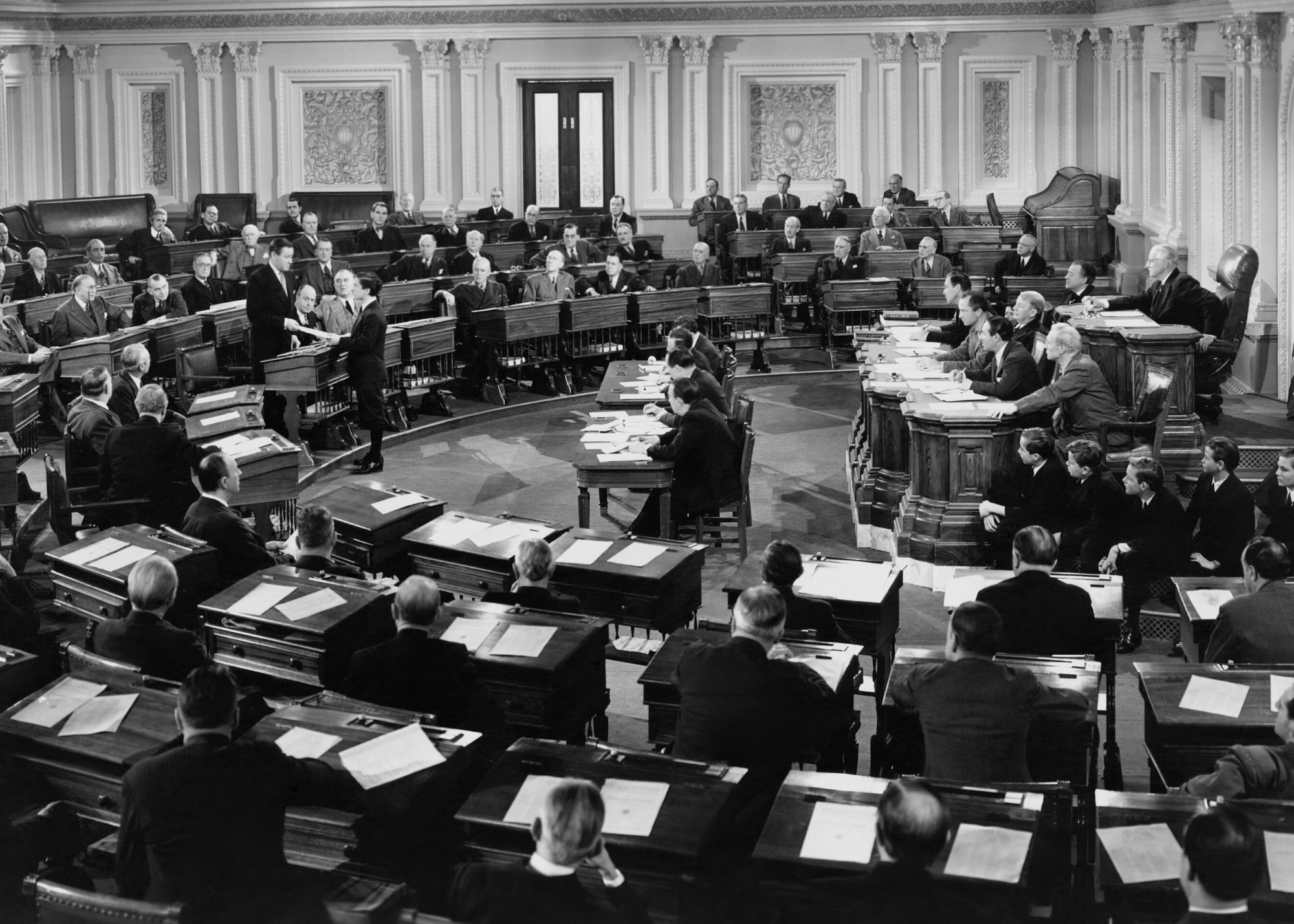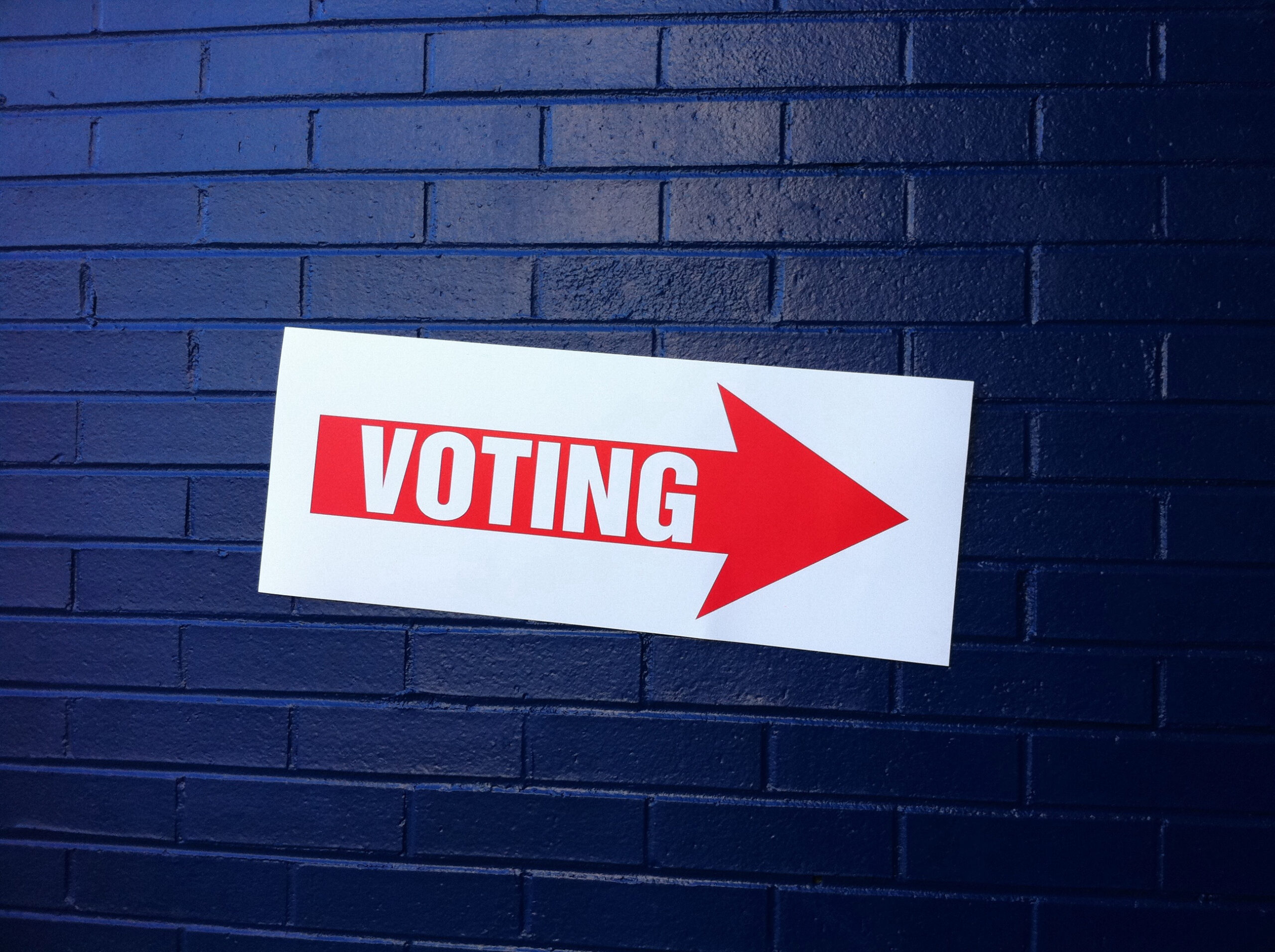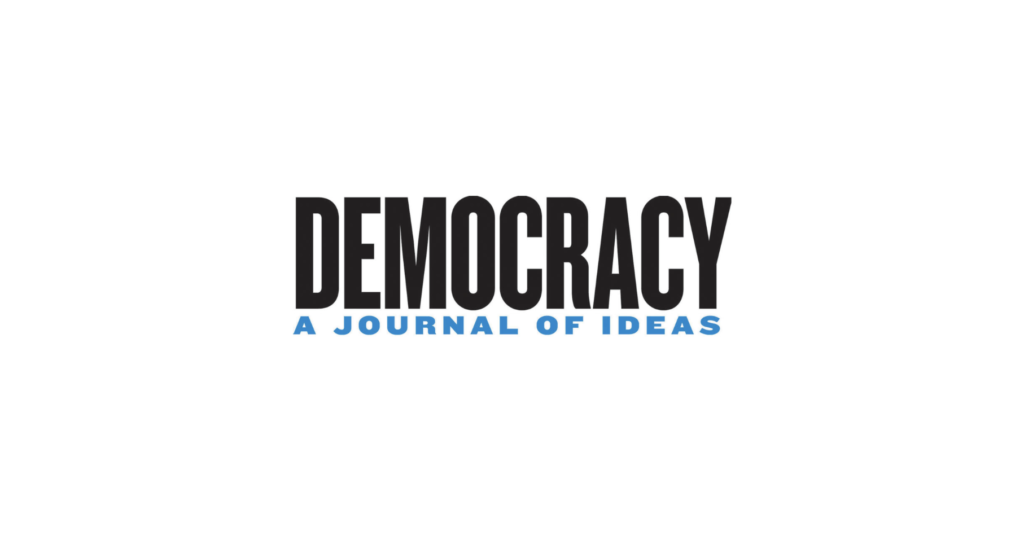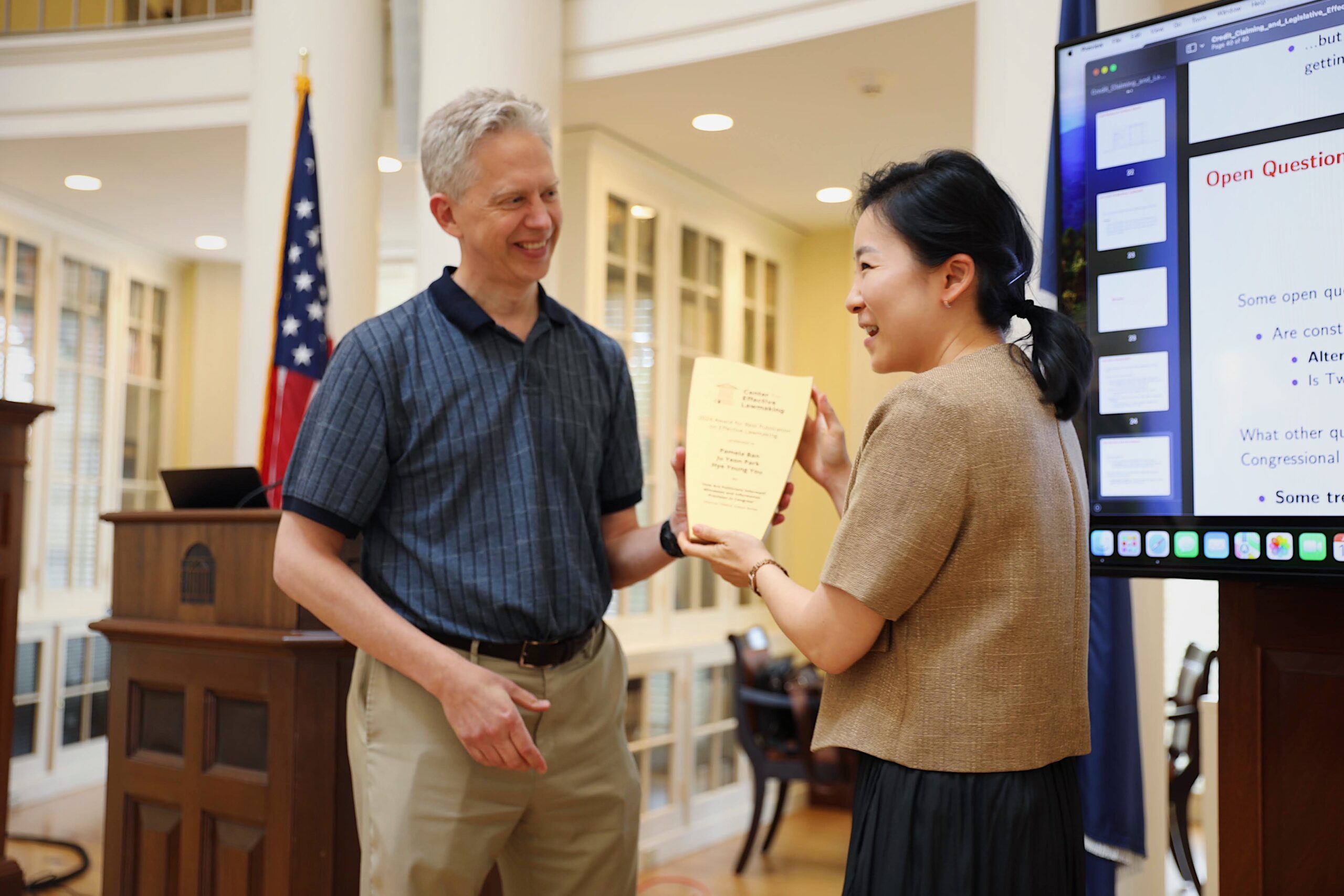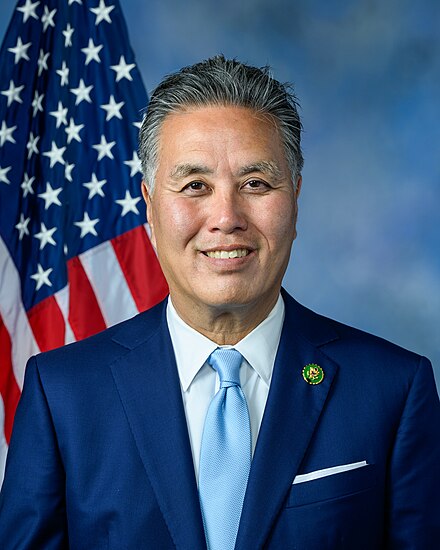Interpersonal Relationships, Bipartisanship, and January 6th
Interpersonal Relationships, Bipartisanship, and January 6th Collaboration among colleagues is a cornerstone of effective lawmaking in Congress. Building and maintaining strong interpersonal relationships between legislators is especially important for fostering bipartisan cooperation. However, in the aftermath of the events at the Capitol on January 6, 2021, many Democratic lawmakers expressed reluctance to work with Republican colleagues who opposed certifying the 2020 presidential election results, claiming these actions had irreparably damaged their working relationships. Have these damaged relationships impacted overall legislative effectiveness in Congress? In this forthcoming published paper in the…




